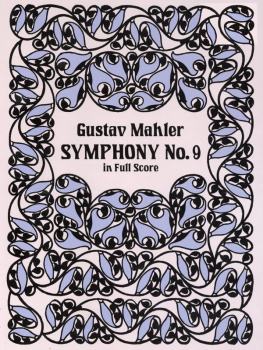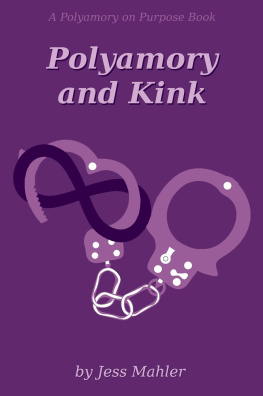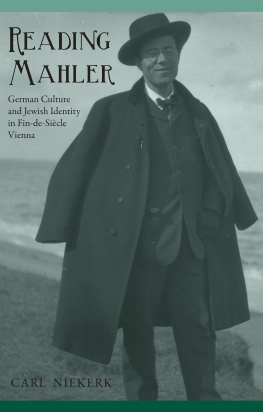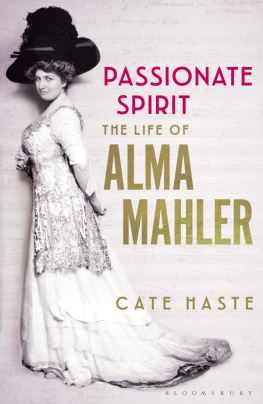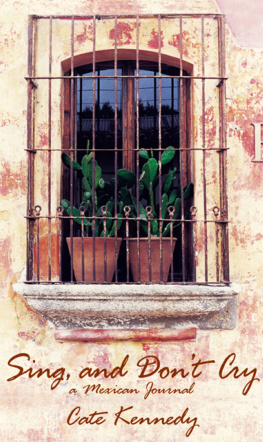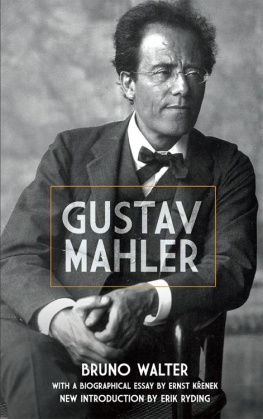Cate Haste - Passionate Spirit: The Life of Alma Mahler
Here you can read online Cate Haste - Passionate Spirit: The Life of Alma Mahler full text of the book (entire story) in english for free. Download pdf and epub, get meaning, cover and reviews about this ebook. year: 2019, publisher: Basic Books, genre: Non-fiction. Description of the work, (preface) as well as reviews are available. Best literature library LitArk.com created for fans of good reading and offers a wide selection of genres:
Romance novel
Science fiction
Adventure
Detective
Science
History
Home and family
Prose
Art
Politics
Computer
Non-fiction
Religion
Business
Children
Humor
Choose a favorite category and find really read worthwhile books. Enjoy immersion in the world of imagination, feel the emotions of the characters or learn something new for yourself, make an fascinating discovery.

- Book:Passionate Spirit: The Life of Alma Mahler
- Author:
- Publisher:Basic Books
- Genre:
- Year:2019
- Rating:4 / 5
- Favourites:Add to favourites
- Your mark:
- 80
- 1
- 2
- 3
- 4
- 5
Passionate Spirit: The Life of Alma Mahler: summary, description and annotation
We offer to read an annotation, description, summary or preface (depends on what the author of the book "Passionate Spirit: The Life of Alma Mahler" wrote himself). If you haven't found the necessary information about the book — write in the comments, we will try to find it.
Passionate Spirit: The Life of Alma Mahler — read online for free the complete book (whole text) full work
Below is the text of the book, divided by pages. System saving the place of the last page read, allows you to conveniently read the book "Passionate Spirit: The Life of Alma Mahler" online for free, without having to search again every time where you left off. Put a bookmark, and you can go to the page where you finished reading at any time.
Font size:
Interval:
Bookmark:
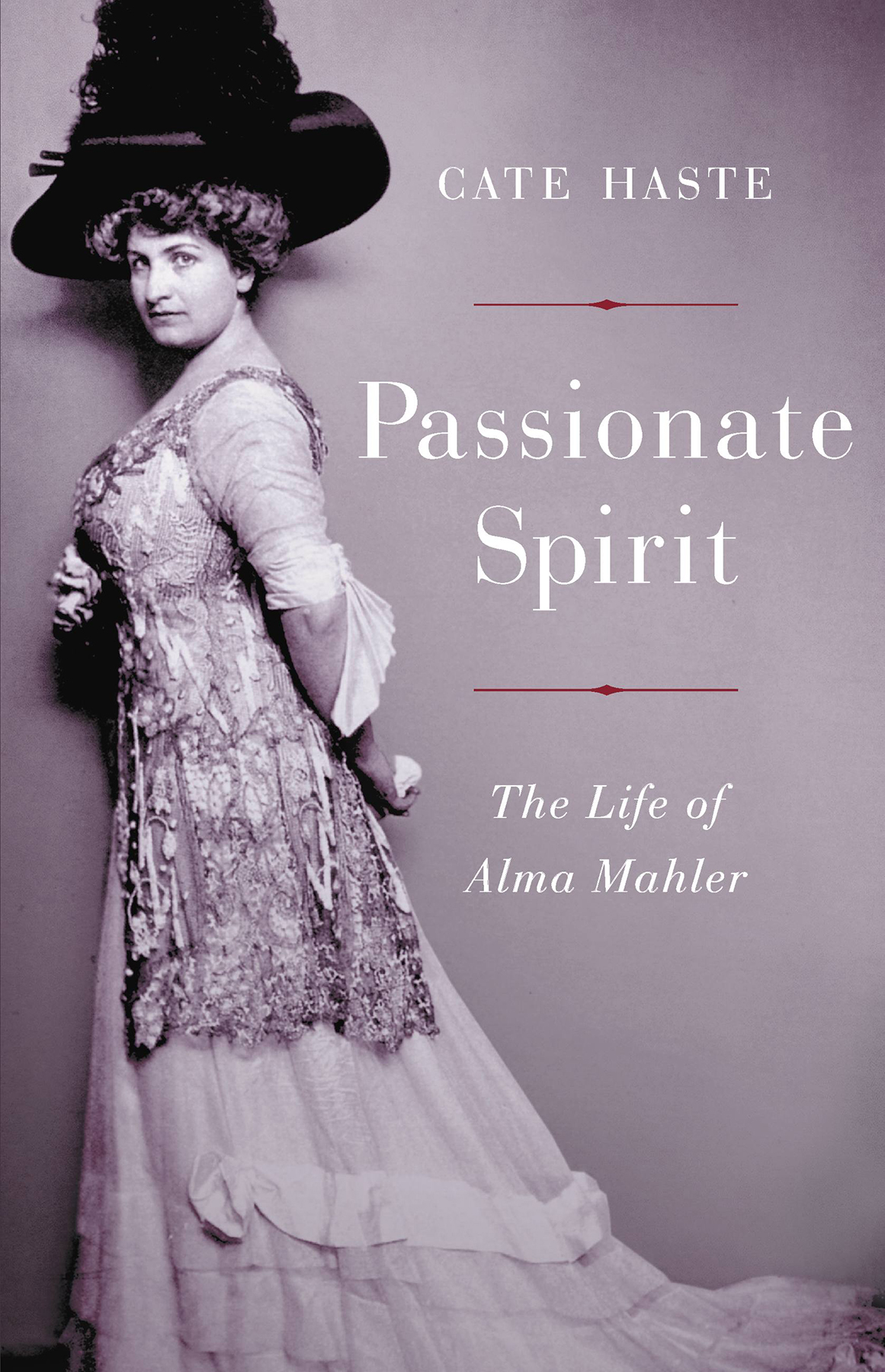
Copyright 2019 by Cate Haste
Cover design by Ashley Caswell
Cover image Heritage Images / Hulton Archive / Getty Images
Cover copyright 2019 Hachette Book Group, Inc.
Hachette Book Group supports the right to free expression and the value of copyright. The purpose of copyright is to encourage writers and artists to produce the creative works that enrich our culture.
The scanning, uploading, and distribution of this book without permission is a theft of the authors intellectual property. If you would like permission to use material from the book (other than for review purposes), please contact permissions@hbgusa.com. Thank you for your support of the authors rights.
Basic Books
Hachette Book Group
1290 Avenue of the Americas, New York, NY 10104
www.basicbooks.com
First Edition: September 2019
Published by Basic Books, an imprint of Perseus Books, LLC, a subsidiary of Hachette Book Group, Inc. The Basic Books name and logo is a trademark of the Hachette Book Group.
The Hachette Speakers Bureau provides a wide range of authors for speaking events. To find out more, go to www.hachettespeakersbureau.com or call (866) 376-6591.
The publisher is not responsible for websites (or their content) that are not owned by the publisher.
Library of Congress Cataloging-in-Publication Data
Names: Haste, Cate, 1945author.
Title: Passionate spirit: the life of Alma Mahler / Cate Haste.
Description: First edition. | New York: Basic Books, [2019] | Includes bibliographical references and index.
Identifiers: LCCN 2018058720| ISBN 9780465096718 (hardcover: alk. paper) | ISBN 9780465096725 (ebk.)
Subjects: LCSH: Mahler, Alma, 18791964. | Vienna (Austria)Biography. | Women composersAustriaBiography. | DiaristsAustriaBiography. | WivesBiography. | Arts, Austrian20th century. | EuropeIntellectual life20th century.
Classification: LCC DB844.M34 H37 2019 | DDC 780.92 [B]dc23
LC record available at https://lccn.loc.gov/2018058720
ISBNs: 978-0-465-09671-8 (hardcover), 978-0-465-09672-5 (ebook)
E3-20190807-JV-NF-ORI
Keep the Home Fires Burning
Rules of Desire
Nazi Women
The Goldfish Bowl (with Cherie Blair)
Clarissa Eden: A Memoir (editor)
Sheila Fell: A Passion for Paint
Craigie Aitchison: A Life in Colour
To my grandsons, Arthur Bragg and Eric Flintoff
A LMA M AHLER WAS a woman of extraordinary complexity. Challenging, difficult, charismatic, generous, passionate, and self-serving, she was the object of veneration and of mocking disdain and the doyen of elite Viennese society for several decades. She inspired ballads, notably the satirist Tom Lehrers 1964 classic, Alma, which spread her fame to a new generation, as well as several plays and films. Yet none has truly captured this exceptional woman.
In Passionate Spirit, I address her enduringand controversiallegend and ask why, more than half a century since her death, she still commands the fascination of scholars and readers alike. Alma was a powerful woman, a femme fatale who successfully defined her life through love. Many men fell in love with her, she was widely adored, the muse of geniuses, the generous spirit who intuitively understood the springs of creativity that inspired their work. Alongside this attractive image runs the hostile one of the seductress who used love to gain power over men, the devouring maenad, cold and calculating, who first beguiled men then ruthlessly rejected them. She becomes the self-serving egoist, who invented her own significance as a muse by grossly exaggerating her importance in the creative lives of great men. Her widely recognized musical and compositional talents are belittled and any compositions of value attributed to the influenceif not the penof either her teacher, Alexander von Zemlinsky, or her husband, Gustav Mahler. She is consistently and damningly accused of anti-Semitism, yet she had two Jewish husbands, one of whom she followed into permanent exile to escape the Nazis, several Jewish lovers, and a social circle composed mostly of Jews.
Clearly there are elements of truth in all these versions. My aim is to weigh the merits of these judgments against the available evidence, to portray the woman I discovered as I read her words and listened to her voice. And in so doing, I aim to reassess her legacy, to view her free from the screen of skepticism and the harshly judgmental tone of previous commentators on her life.
I like Alma Mahler. I particularly like the modern young woman who emerges from the pages of her early diaries, written between the ages of eighteen and twenty-two, when she was untrammeled by convention and bent on realizing herself and her talents despite the odds against her as a woman. And I find equally challenging and interesting the later woman who was surrounded in her famous salon by Viennas glittering cultural elite but was tormented by longing, afflicted by terrible tragedy, and still breached the boundaries of decorum in pursuit of a passionate life lived to the full.
T HE EVIDENCE IN Almas case is controversial. She is routinely accused of massaging the facts to serve her own legacyof suppressing or editing her husband Gustav Mahlers published letters to remove critical references to her, for instanceacts seen, particularly by Mahler scholars (for whom she was for some time their principal source), as tampering with the archive. In addition she burned all of her own letters to him, which rouses suspicion about her intent among frustrated scholars. These claims have been exaggerated into the prevalent view that anything written by Alma is bound to be inaccurate or self-serving, which in my view considerably undervalues her witness to her own life and the history she lived through.
With this caveat in mind, I have drawn as far as possible on primary sources. I have drawn more extensively than previous commentators on the private diaries Alma wrote in her late adolescence between 1898 and 1902, which were published in 1998.Philadelphia. Believed to be an accurate copy of her original diaries, they include some clear alterations in her own bold handwriting that I have acknowledged in the text. This invaluable source is the spine to my narrative of Almas life, the voice to which I have listened to penetrate this kaleidoscopic personality.
The diaries are the record of her most intimate feelings, her ambitions, her palpitating self-doubt, her candid comments on people and events. Because I used mainly the entries written on the day or very soon after the events, they have an immediacy that conveys honesty, rather than the structure of recollection. And, because a private diary provides the space to vent feelings and to work through emotions, they are raw and sometimes shocking in their candor.
Her unpublished 614-page typescript memoir, Der schimmernde Weg (The shimmering path), also in the Mahler-Werfel Papers, is an interim autobiography based largely on her diaries. It covers the period 19021944, and though less immediateit was begun in 1944 and abandoned in 1947it remains an important record. I treat her autobiography And the Bridge Is Love, ghostwritten when she was seventy-nine and published in 1958, as a far less reliable source. It reveals a harder, more cynical persona, which lends credence to her hostile legend and has been the principal source for at least two previous biographies of Alma. Recognizing its inaccuracies, I have quoted from it only when absolutely no other source was available.
Font size:
Interval:
Bookmark:
Similar books «Passionate Spirit: The Life of Alma Mahler»
Look at similar books to Passionate Spirit: The Life of Alma Mahler. We have selected literature similar in name and meaning in the hope of providing readers with more options to find new, interesting, not yet read works.
Discussion, reviews of the book Passionate Spirit: The Life of Alma Mahler and just readers' own opinions. Leave your comments, write what you think about the work, its meaning or the main characters. Specify what exactly you liked and what you didn't like, and why you think so.



